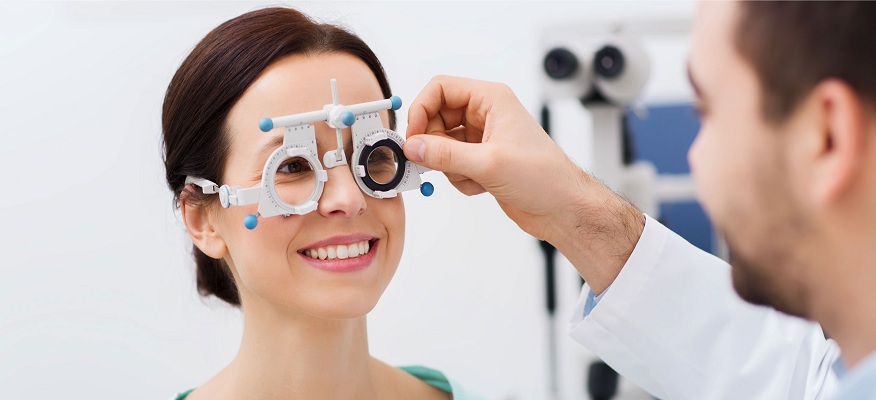Regular eye exams play a crucial role in maintaining good eye health and preventing potential issues that could compromise the vision. Some take their eyes for granted and rarely go for eye check-up which is not the right thing to do.
Experts like Zuhal Butuner is of the opinion that one should go for regular eye check-up because it is very important. Here are some importance to consider.
The Importance of Regular Eye Exams:
- Early Detection of Eye Conditions: Regular eye exams are not just about getting a new prescription for glasses or contact lenses. They are vital for the early detection of various eye conditions, such as glaucoma, cataracts, macular degeneration, and diabetic retinopathy. Many eye diseases develop gradually and may not show symptoms until they have reached an advanced stage.
- Preserving Overall Health: The eyes can provide valuable insights into your overall health. During an eye exam, an eye specialist may detect signs of systemic conditions such as diabetes, high blood pressure, and cardiovascular disease. Identifying these issues early on not only helps preserve your vision but can also contribute to the prevention and management of broader health concerns.
How to Find the Right Eye Specialist:
- Ask for Recommendations: Seek recommendations from friends, family, or colleagues who have had positive experiences with eye specialists. Personal referrals can provide valuable insights into the expertise and bedside manner of the eye care professional.
- Check Credentials: Ensure that the eye specialist is licensed and board-certified. You can verify this information through relevant medical boards and organizations. Additionally, consider the specialist’s experience in treating specific eye conditions or performing procedures if you have particular concerns.
What to Ask Your Eye Specialist:
- What Tests Will Be Conducted? Understand the specific tests and screenings that will be part of your eye exam. This can include a visual acuity test, dilated eye exam, intraocular pressure measurement, and others depending on your age and risk factors.
- Are There Lifestyle Changes That Could Benefit My Eye Health? Discuss lifestyle factors that may impact your eye health, such as diet, exercise, and protection from UV rays. Your eye specialist can provide personalized advice to promote optimal eye wellness.
How Frequently to Consult:
The frequency of eye exams depends on factors such as age, overall health, and existing eye conditions. As a general guideline:
- Children and Teens: Children should have their first comprehensive eye exam at around 6 months of age, followed by additional exams at age 3 and just before starting school. Afterward, it is recommended to have eye exams every two years.
- Adults: For individuals without vision problems or risk factors, a comprehensive eye exam every 2-3 years is generally sufficient. Those with existing eye conditions, chronic diseases, or a family history of eye issues may need more frequent exams.
Prioritizing regular eye exams is a small investment that pays significant dividends in maintaining eye health, says Zuhal Butuner. By detecting issues early, preserving overall health, and seeking the expertise of the right eye specialist, you are taking proactive steps towards a lifetime of clear vision and well-being.

